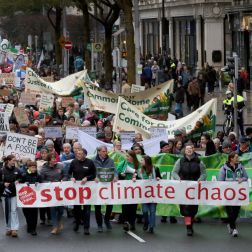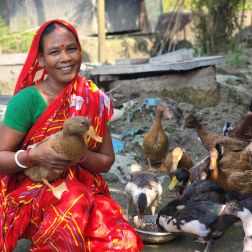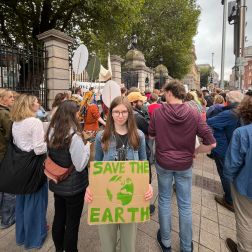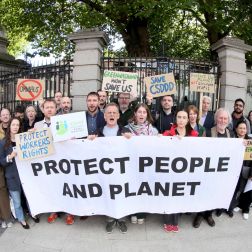- 4 mins read time
- Published: 21st November 2019
Pakistan: Who takes the heat for the climate crisis?
“Yesterday, my daughter fainted in assembly,” says Hooran. “Her teacher told her to start eating fruit in the mornings before she comes to school so she has enough energy. It made me so upset to hear that, because we barely have enough money to buy roti (bread). Fruits are a long shot away.”
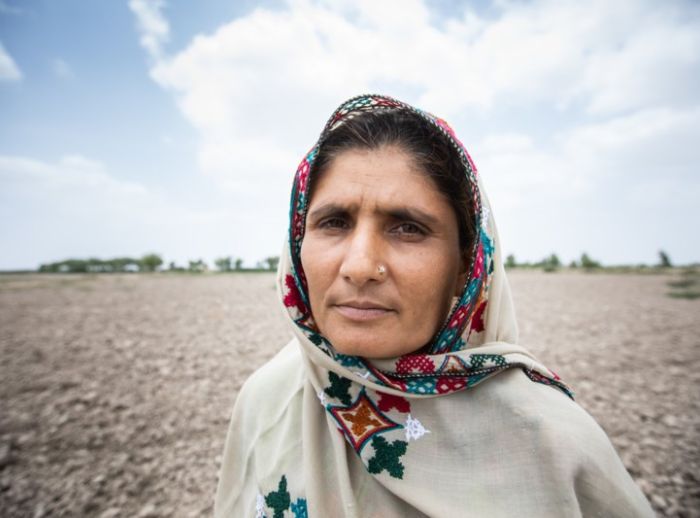
This is what life on the frontline of the climate crisis is like for Hooran in Badin, Pakistan. She’s one of the 1.8 million people living there who endure frequent floods, but also drought-like conditions caused by a lack of water and changing rainfall patterns. All of this means it’s harder to grow crops, feed livestock, and get by from one day to the next.
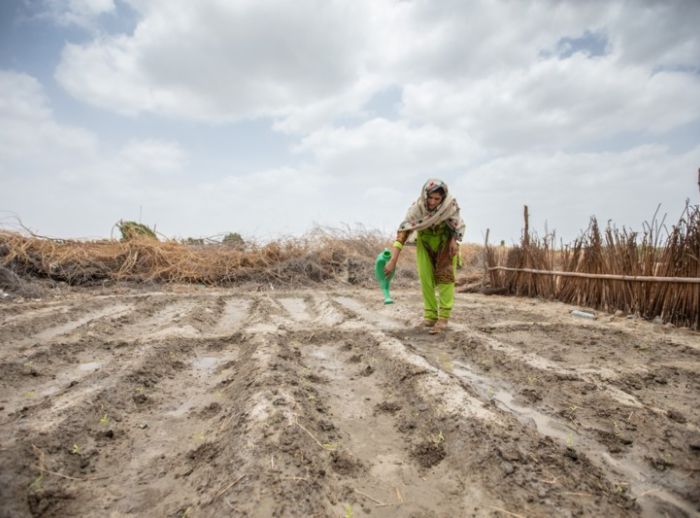
“MY CHILDREN ARE NOT HEALTHY,” SAYS HOORAN. “THEY ARE QUITE WEAK BECAUSE OF THE LACK OF NUTRITION AVAILABLE TO THEM.”
This is worlds away from the childhood Hooran remembers.
“Growing up, I used to go to school, cut wood to earn money, and help my mother with the chores. In our house there was livestock, farming and my mother’s tailoring business, and all of this meant we had multiple sources of income. I had a very happy childhood because of this.”
But as the years went on, the weather became less predictable – and so did the harvests.

“OUR CROPS STARTED DECREASING. WE USED TO GROW RICE, SUGARCANE AND COTTON. WHEN THE FARMING STARTED TO FAIL, WE STARTED SELLING THE LIVESTOCK TO SURVIVE.”
In 2003, a cyclone caused flooding that destroyed all of Hooran’s crops and land. Oxfam is helping people prepare for climate change, deal with its effects, and adapt when disaster strikes. In Badin, we’re focusing on supporting women, young people and people with disabilities to develop new farming methods and learn other skills to make a living.
Hooran learned new skills so she can earn money beyond farming.
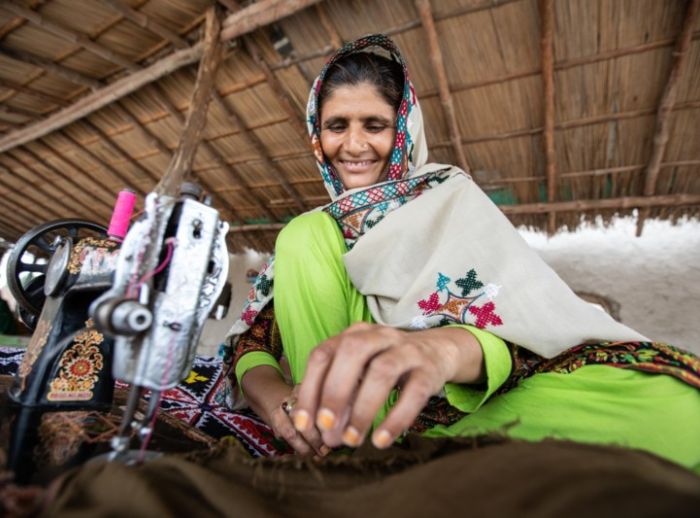
“I learnt how to stitch, make soap bars and gurda (a local drink made from sugarcane). I chose to be a part of the training to learn how to sew undergarments. I wanted to make it better for women and girls here when they go through their period. We have to suffer through really unhygienic conditions because we don’t have the resources to buy pads, and they are so expensive. So I want to start making these undergarments so they can use them during this time.”
She’s also learned how to grow vegetables even under the unforgiving conditions that the extreme weather brings. “Before the training we could only buy stale vegetables, but now we can grow our own fresh vegetables with our own hands… now we are free from that stress.”
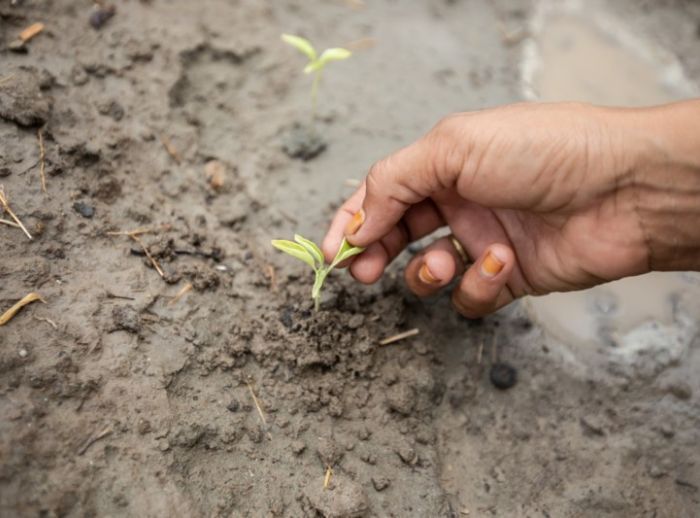
There is still much work to do but Hooran is adapting fast so she can earn a living. This shouldn’t have to be her reality. It is a fact that he world’s poorest people have contributed the least to the climate emergency, yet they are suffering the most.
Urgent action is needed to save our planet.
